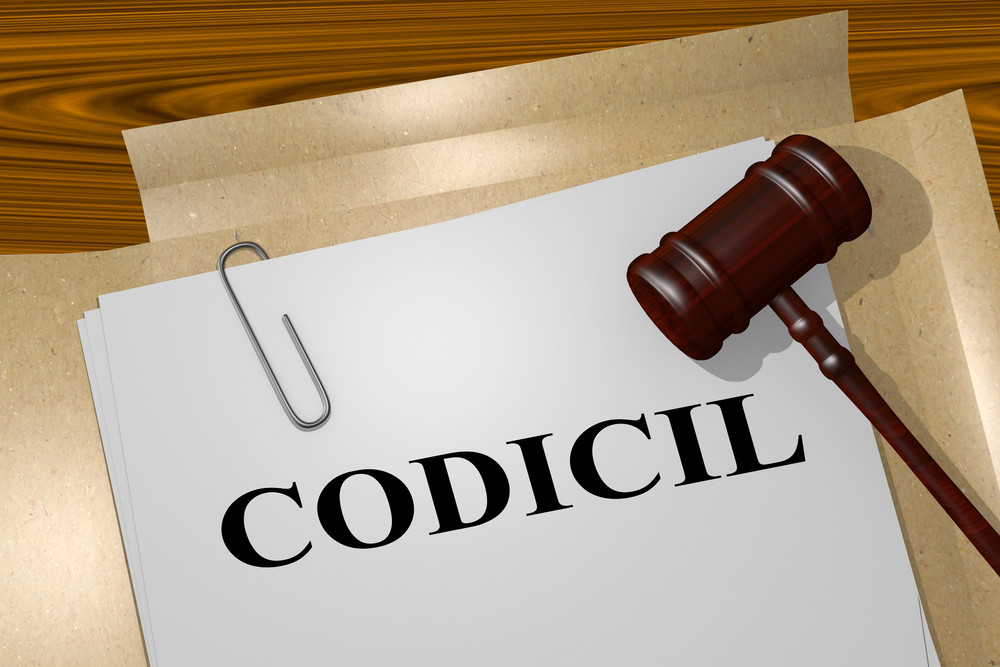
{Read in 4 Minutes} As a Trust and Estates attorney, I frequently represent clients in drafting an estate plan that often includes Wills, Powers of Attorney, Health Care Proxy, and a Living Will. The nice thing about an estate plan is that clients can change their minds occasionally, and they can update the content to address their wishes as they evolve. There is a right and a wrong way to make amendments to your estate planning documents, particularly your Will.
For the Surrogate’s Court to admit a Will to probate, the Court must ensure that the person who made the Will has done so properly. This means that the person had testamentary capacity, executed it properly, and had two independent people sign as witnesses to the Will. Much like the rules for executing a Will, one must make any changes to their Will with the same statutory formalities. Many New Yorkers choose to accomplish this by implementing a whole new Will, which would automatically revoke the terms of the existing Will.
However, there’s at least one other viable option.
Aside from drafting a whole new Will, the most common way New Yorkers could amend the terms of their Will is by signing a Codicil. A Codicil is simply a separate document that changes one or more provisions of an existing Will without needing to redo the whole Will from scratch. For example, a Codicil may change the Executor, funeral wishes, beneficiaries, or how children inherit. Usually, one would do a Codicil to address a few minor changes. When doing a major overhaul, drafting a new Will is advised.
Like with a Will, you can DIY a Codicil or hire an attorney. Our laws do not require an attorney to draft or supervise the execution of a Codicil. However, if an attorney is present, the Surrogate’s Court affords certain presumptions of validity of proper execution during a probate proceeding. This is often helpful if a party files objections and the Court needs to entertain a motion for summary judgment.
Most attorneys (myself included) are not big fans of Codicils. Why? Well, because nowadays most people draft Wills using word processing software. If you are using the same attorney to make these changes, it’s easier and quicker for that attorney to make the changes in Microsoft Word and create an entirely new Will. For this reason, unless there’s a compelling reason not to, people should try to work with the attorney who drafted the Will — it’s almost always cheaper than paying a new attorney to draft a new Will.
Another important thing to consider is that the Surrogate’s Court needs to probate any testamentary instrument (Will and any Codicil(s)). This means that instead of your Executor needing to get one document through probate, the Executor now needs to get two (or more!) through. This also means that the beneficiaries of the Will have standing to challenge the Codicil if it affects their beneficial interests, so you may wind up with more objecting parties than one would if they just redid their Will.
So in general, I am not a big fan of Codicils, but they do make sense in some scenarios, particularly when the budget for legal fees is a significant issue for a client. The potential client should always weigh the pros and cons, and make the decision that makes the most sense for them.
For more information on this topic, please, contact me.
